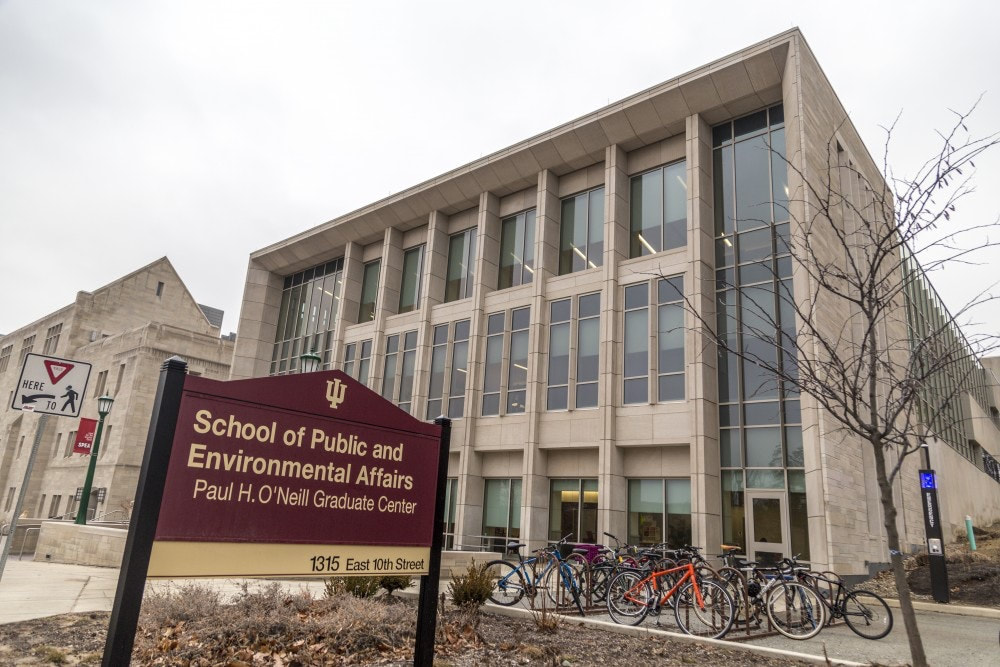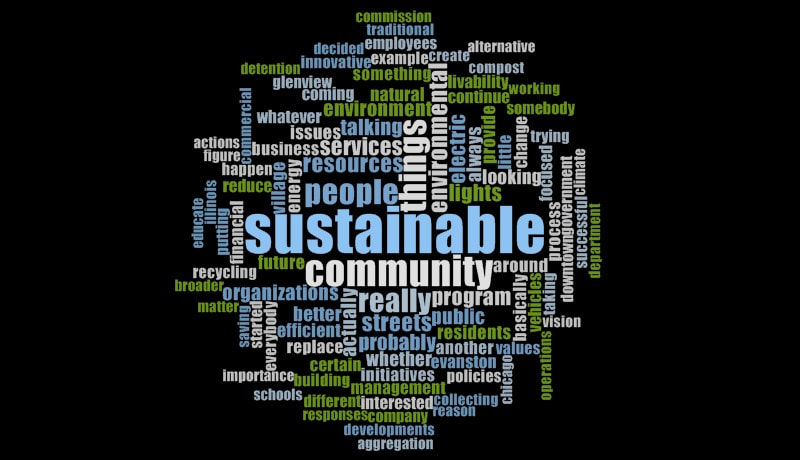What Do We Know About Urban Sustainability? A Research Synthesis and Nonparametric Assessment7/25/2018 Urban scholars have been focusing on local government sustainability policies and activities for more than a decade. But by and large, we have only just started to understand why government actors are engaging in the wide range of activities which fall under this definition. The literature itself can be somewhat unwieldy, attempting to either explain a broad swath of policy adoptions or isolated areas like land-use, energy, or climate-change mitigation or adaptation. In an Urban Studies article I wrote with co-author William Swann at the University of Colorado Denver, we attempt to advance our understanding of urban sustainability by synthesising extant empirical findings to gauge progress made towards developing theoretical insight, and then testing a nonparametric predictive model that helps overcome methodological challenges in this literature.
We find that although organisational capacity appears to be the most important predictor, the broad range of activities grouped under the banner of ‘urban sustainability’ rely on distinct causal mechanisms, and use of composite models and measures of sustainability may hinder theoretical advancement. In essence, the causal mechanisms which explain investment in community development or social inclusion do not necessary explain other areas of urban sustainability activity, such as efforts to reduce greenhouse gases. This calls for a deeper, and more nuanced examination of these policies -- which, we should add, is already underway by a number of researchers, and could help us to better understand whether local governance can hope to avert many of the greatest sustainability challenges we face in the decades ahead.
0 Comments
Leave a Reply. |
AuthorI work as an Assistant Professor at the O'Neill School of Public and Environmental Affairs at Indiana University Bloomington. There, I direct the MGMT Lab. Archives
January 2023
Categories |



 RSS Feed
RSS Feed
